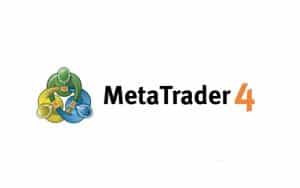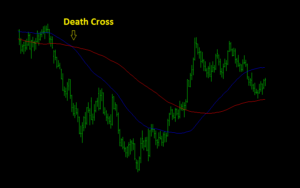This article looks into all the important details you need to know regarding a market order.
Basic Definition
Let us begin by looking into the definition of a market order. This particular order is a kind of request from traders to their respective brokers to instantly carry out the execution of a trade at the most favorable price. Implementation of a market order happens at a very swift pace, given there is adequate liquidity in the financial market. When market orders pass, you call them ‘filled orders.’
So when does a trader utilize market orders? Financial traders normally make use of them when they would like to sell or purchase close to or precisely at the existing market price. Any trader who has a preference to keep things simple opts for a market order. That is because there happens to be no condition regarding the timeframe or price. At times, compared to other order types, a market order can also have a smaller commission.
Market Order Fundamentals
It is very important to be aware of the basics of market orders. Out of all kinds of orders, people usually consider market orders to be the simplest. You can execute them very swiftly at an existing ask price of an asset. This is precisely why some of the brokerage firms include trading applications that feature a selling/buying button. Pressing this particular button typically passes a market order. As stated above, in most scenarios, a market order incurs the smallest commission compared to any kind of order since they require minimal effort from the broker’s side. Hence, the broker does not charge much in terms of commission fees.
Now, let us look into the advantages of market orders.
Pros of a Market Order
The following are some of the key benefits of executing market orders.
- Flexibility and freedom to get into a particular stock any time you like.
- Ability to get into stocks that are not very liquid.
- Stronger likelihood of order filling.
- Possibility to purchase higher volumes of shares with no hassle.



